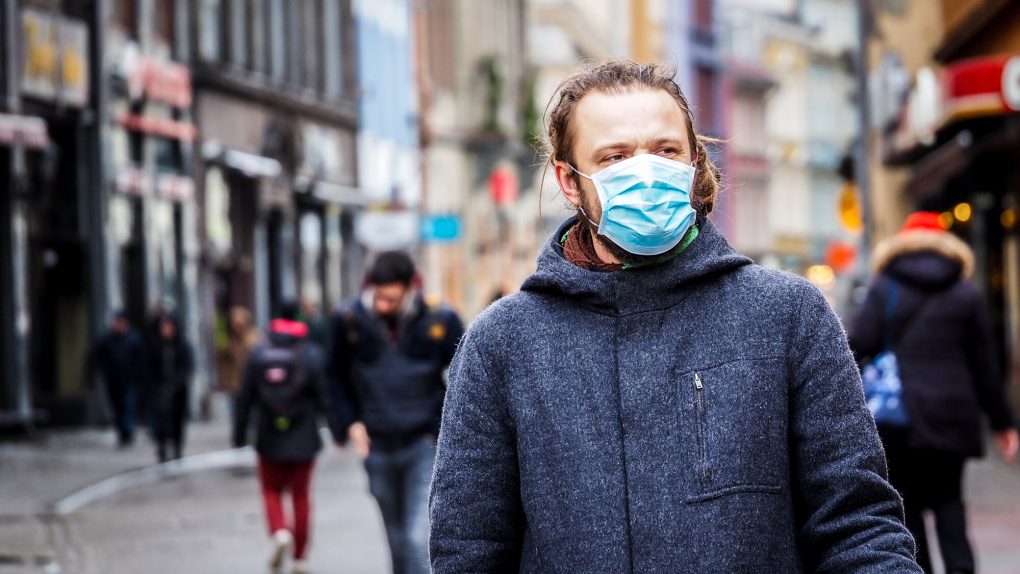- Doctors think that an affordable drug used in gout and rheumatic diseases might be useful as a coronavirus therapy.
- New studies have shown that colchicine can reduce the need for oxygen therapy and hasten recovery. But more data is needed to conclusively prove the benefits of colchicine therapy in COVID.
- Some researchers believe the drug might be used to treat COVID-19 at home.
Coronavirus vaccines are the only drugs that are highly effective at preventing severe COVID-19 and death. Even if infection is still possible after vaccination, the drugs can prevent people from developing severe forms of the illness. But vaccines aren’t widely available and they can’t be used in patients who are currently infected with the virus.
Several therapeutical innovations have allowed doctors to save more lives compared to the early days of the pandemic. Remdesivir, blood thinners, dexamethasone, plasma, and monoclonal antibodies are just some of the drugs that have been included in various protocols. But we’re still waiting for a COVID-19 treatment that could be used at home to speed up recovery and prevent complications. Doctors think one such drug might already be available in pharmacies for a different medical condition. A typical therapy for gout and other rheumatoid diseases called colchicine has shown great promise in early tests.
Colchicine is an affordable drug that can use administered at home orally. In COVID-19 patients, the anti-inflammatory medication can reduce the need for oxygen therapy and minimize hospital stays.
A pair of colchicine studies indicate the drug is effective in coronavirus therapy, The Guardian reports. An international trial found that colchicine reduced COVID-19 hospitalizations and deaths by more than 20%, according to early conclusions. The research was funded in part by the government of Quebec, and a deeper look at the data advised a more cautious approach to the drug, with a Quebec panel saying there’s little evidence to support the drug’s efficacy.
But a second study from Brazil showed that the drug could reduce the inflammatory response in COVID-19. Researchers suspect the drug can prevent damage to cells in the walls of blood vessels. The virus causes inflammation at that level and favors blood clotting, leading to strokes, heart attacks, and other similar issues in organs that might be deprived of oxygenated blood.
The Brazilian study only included 72 of the 75 patients recruited between April and August last year, after being hospitalized with moderate to severe COVID-19. The researchers found that the average length of time patients needed oxygen therapy was 4 days for the colchicine group compared to 6.5 days for those on standard treatment. The average hospital stay was 7 days for those on colchicine compared to 9 for the other group.
The researchers cautioned that they could not determine whether the drug might help patients avoid the need for intensive care or lessen the risk of death. But the findings are promising nonetheless, warranting further research.
Also promising is the lack of serious side-effects after colchicine treatment in the Brazil trial. There were no heart problems, liver damage, or immune system suppression effects resulting from treatment with the drug, which are side-effects observed with other COVID-19 therapies. But the Quebec study showed that 11 patients who took the drug experienced a pulmonary embolism compared to only 2 on the other group.
The Brazilian study might have been too small, and the Quebec research is still preliminary, so more data is needed. The good news is that UK’s Recovery team announced in late November that it would conduct a large-scale colchicine study in the UK.
“Inflammation plays a major role in COVID-19, and we’ve already shown that treatment with one anti-inflammatory drug, dexamethasone, can reduce deaths in the most severely ill COVID-19 patients,” professor Martin Landray said in a statement at the time. “Colchicine is very widely used to treat gout and other inflammatory conditions such as pericarditis. By including colchicine in the RECOVERY trial, we will be able to establish whether it helps tackle the worst consequences of COVID-19.”
The Recovery team planned to include 2,500 participants in the study who would receive colchicine plus the usual standard-of-care, and at least 2,500 patients who would only get standard care for coronavirus. Recovery has already studied dexamethasone, lopinavir/ritonavir, and hydroxychloroquine early in the pandemic, and it runs separate COVID-19 treatment studies on aspirin, tocilizumab, azithromycin, plasma, and monoclonal antibodies.








